Perú insta al Parlamento Europeo a no "interferir" en la crisis bilateral entre Marruecos y España
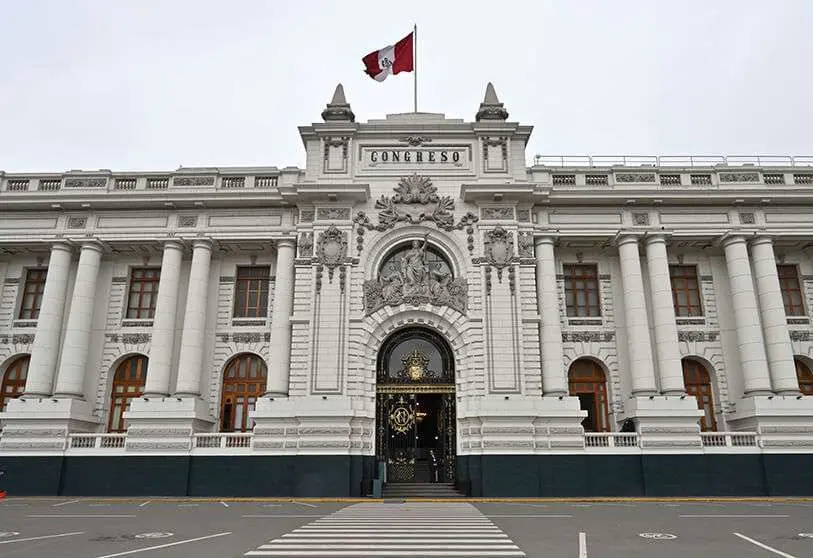
The Peruvian Congress has urged the European Parliament not to "interfere" in the bilateral crisis between Morocco and Spain in order to prevent the escalation of tensions between the two sides, as this crisis should be resolved in a purely bilateral framework and through diplomatic channels. In a motion adopted on 15 June, the Peruvian Parliament stressed that the bilateral political crisis between Rabat and Madrid erupted in mid-April following Spain's "secret" reception of Brahim Gali, the leader of the Polisario Front.
The motion, proposed by Martha Gladys Chávez Cossio MEP, regrets that some MEPs have exploited the immigration issue as a pretext to try to "Europeanise" a bilateral crisis and "avoid the real causes" of the crisis between Morocco and Spain.
Furthermore, the Peruvian Congress welcomed the important role played by the Kingdom in the management of Afro-European migration and the concrete measures taken by Rabat to combat illegal migration in its regional area and human trafficking, as well as its firm commitment to good neighbourly relations with the European Union and the countries on the southern shore of the Mediterranean.
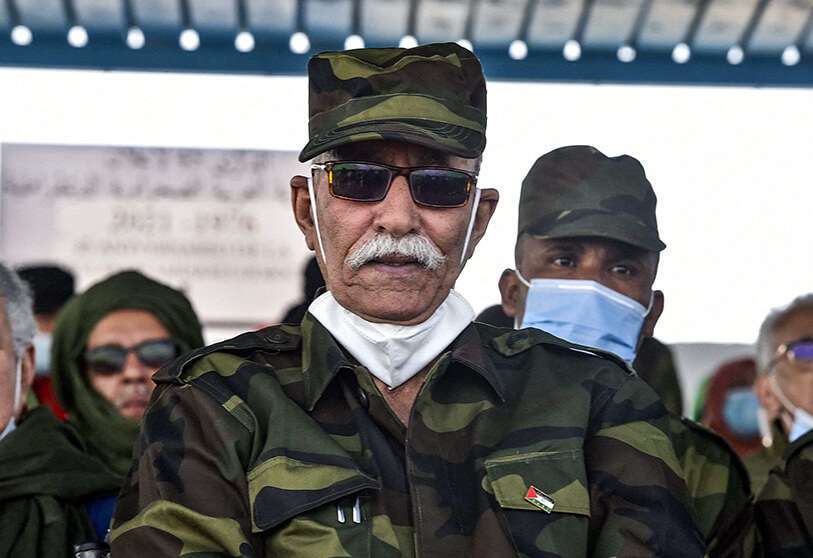
The motion points out that the European Parliament's decision on the bilateral crisis between Morocco and Spain contains unfounded remarks on the policies and mechanisms put in place by Rabat to fight illegal immigration, noting that it does not reflect the reality of the distinguished partnership between the European Union and the Kingdom, nor does it change the political and bilateral nature of the crisis between the two neighbouring countries.
The diplomatic and political crisis between Spain and Morocco erupted when, on 17 April, the leader of the Sahrawi Polisario Front, Brahim Gali, was transferred to a hospital in the Spanish city of Logroño for treatment by the COVID-19. Gali entered Spain "secretly" with an Algerian passport issued in the name of Mohammed Ben Battouche.
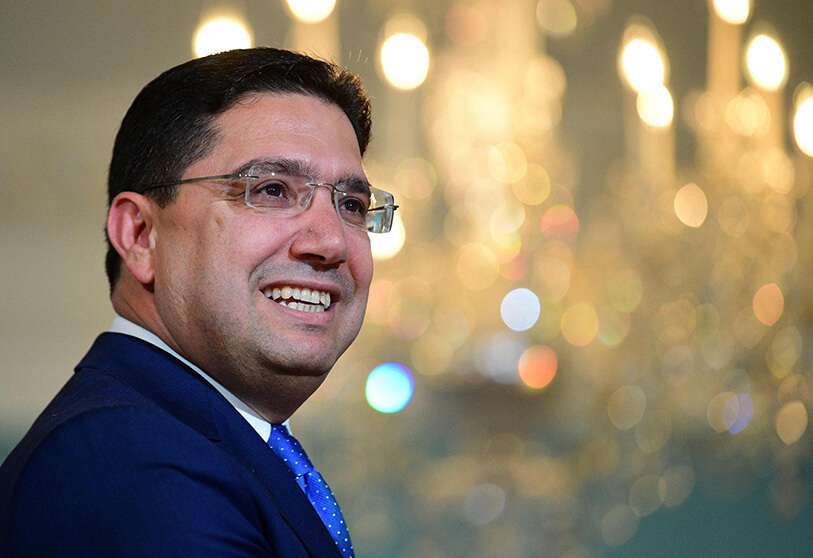
When Morocco denounced that a Spanish hospital was to treat Brahim Gali, the Spanish government defended itself on purely "humanitarian" grounds. Rabat made it clear that such actions would have consequences and asked Spain to clarify its position on Saharan sovereignty. A month later, on 17 May, Morocco allowed some 6,000-8,000 people to enter Ceuta, and thus the borders of the European Union (EU), which also contributed to the escalation of tensions between the neighbouring countries.
On 31 May, Morocco issued a lengthy statement accusing Spain of allowing an individual accused of committing crimes with a false passport to enter its territory. Gali was tried on Tuesday 1 June and found not guilty. He returned to Algeria on a private French plane on Tuesday evening, where he was greeted by Algerian President Abdulmecid Tebboune with the words "welcome home".
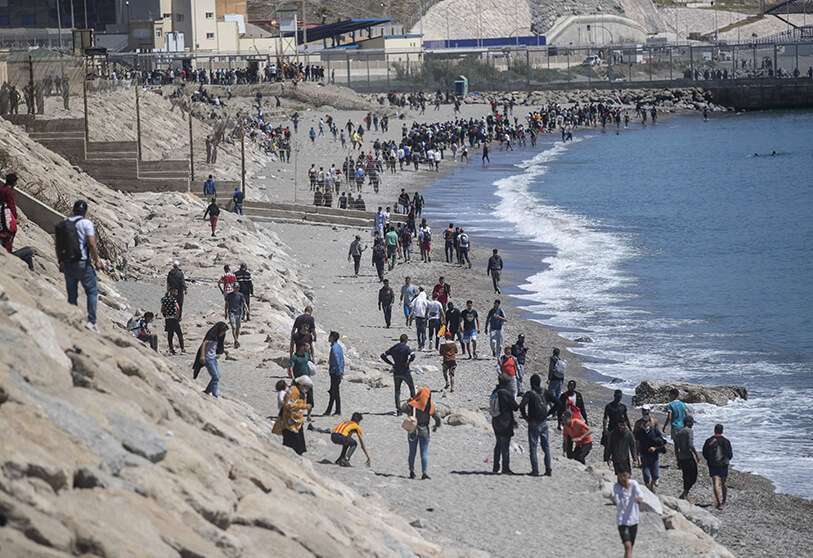
On 9 June, the Minister of Foreign Affairs, Arancha González Laya, stressed that Spain's position on Western Sahara is "constant, has not changed and will not change" and is based on multilateralism, respect for international norms and UN resolutions. The Moroccan Minister of Foreign Affairs, Naser Burita, affirmed that the Spanish government "is trying to Europeanise a crisis which is bilateral" between Morocco and Spain and which "did not end on 1 June" with the departure from Spanish territory of the Saharawi leader Brahim Ghali.
Burita maintained that the crisis goes back further and is based on the lack of trust between the two nations. He recalled that his government had always remained distant and firm with Catalan separatism and accused Spain of not acting in the same way with "Saharawi separatism", so the crisis did not begin with the arrival of Brahim Ghali, nor does it end with his departure from Spain. He considered that "Europeanising this crisis is a flight forward, a way of diverting attention". On the issue of migration, Burita said, "We have no lessons to learn, we act as the partners that we are".
The European Parliament Resolution on the violation of the UN Convention on the Rights of the Child and the use of minors by the Moroccan authorities in the migration crisis in Ceuta, expressed its rejection of Morocco's use of border controls and the migration of unaccompanied minors as a means of exerting political pressure against a Member State of the Union, thus putting "their lives and safety at risk".
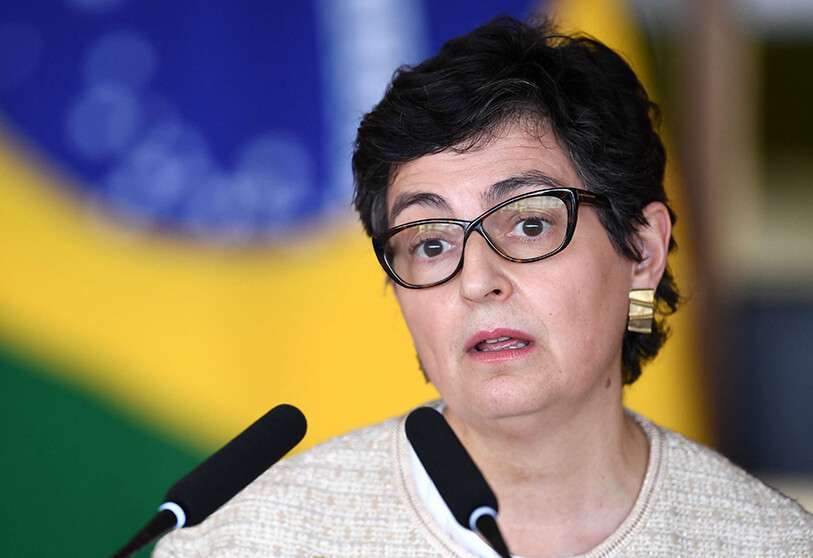
MEPs deplore the political and diplomatic crisis between Morocco and Spain and point out that this crisis should not undermine either the "strategic, multidimensional and privileged" relations between Morocco and the EU or cooperation in areas such as the fight against terrorism, trafficking in drugs and human beings or migration. MEPs hope that Spain and Morocco will work together to allow the repatriation of minors to their families. MEPs also stress that Ceuta "is an external border of the Union whose protection and security concerns the whole Union".
The President of the Moroccan House of Representatives, Habib el Malki, during an extraordinary meeting convened on 10 June in Rabat to study the EP resolution, argued that "Ceuta is not European territory, but Moroccan land located in the territory of the Kingdom of Morocco" and insisted that Ceuta "is part of the colonial past".
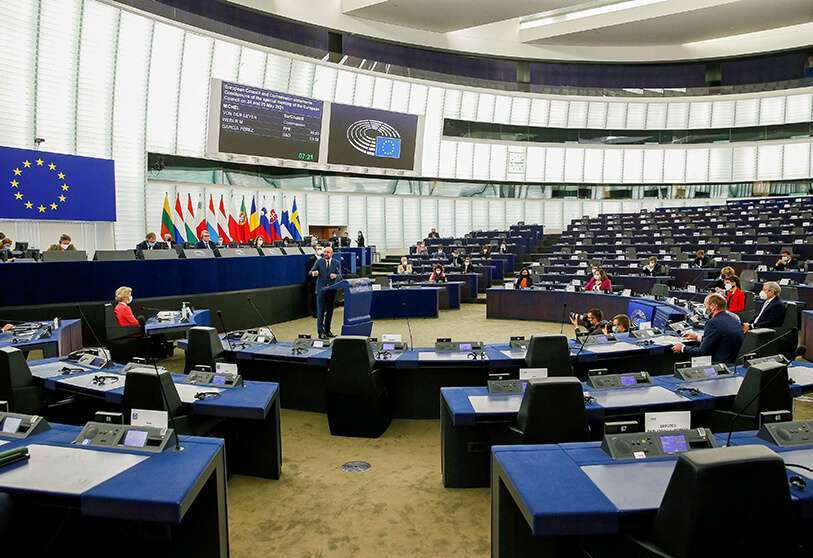
On 11 June, the Moroccan foreign minister once again disassociated the European Union from the diplomatic crisis with Spain, which he accuses of "instrumentalising" the European Parliament in this escalation of tensions. He also stressed that he considers that Morocco does not need any endorsement in its management of migration, and will not accept having with Europe "the position of teacher and pupil", which is why the European Parliament's resolution is "contrary to the spirit of partnership" and "weakens it".
The Spanish Prime Minister, Pedro Sánchez, called on Morocco to overcome the diplomatic crisis between the two countries and resume dialogue and cooperation, since "there are many more things that unite us than separate us".
Morocco defended its proposal for autonomy for Western Sahara before the UN on Monday as the only way out of the conflict in the former Spanish colony. The Moroccan ambassador to the United Nations, Omar Hilale, stressed that this option is the only feasible one and that it has been recognised as "serious and credible" by the UN Security Council. The Moroccan diplomat also highlighted the growing international support for its position, such as the support of the United States under the government of Donald Trump.








